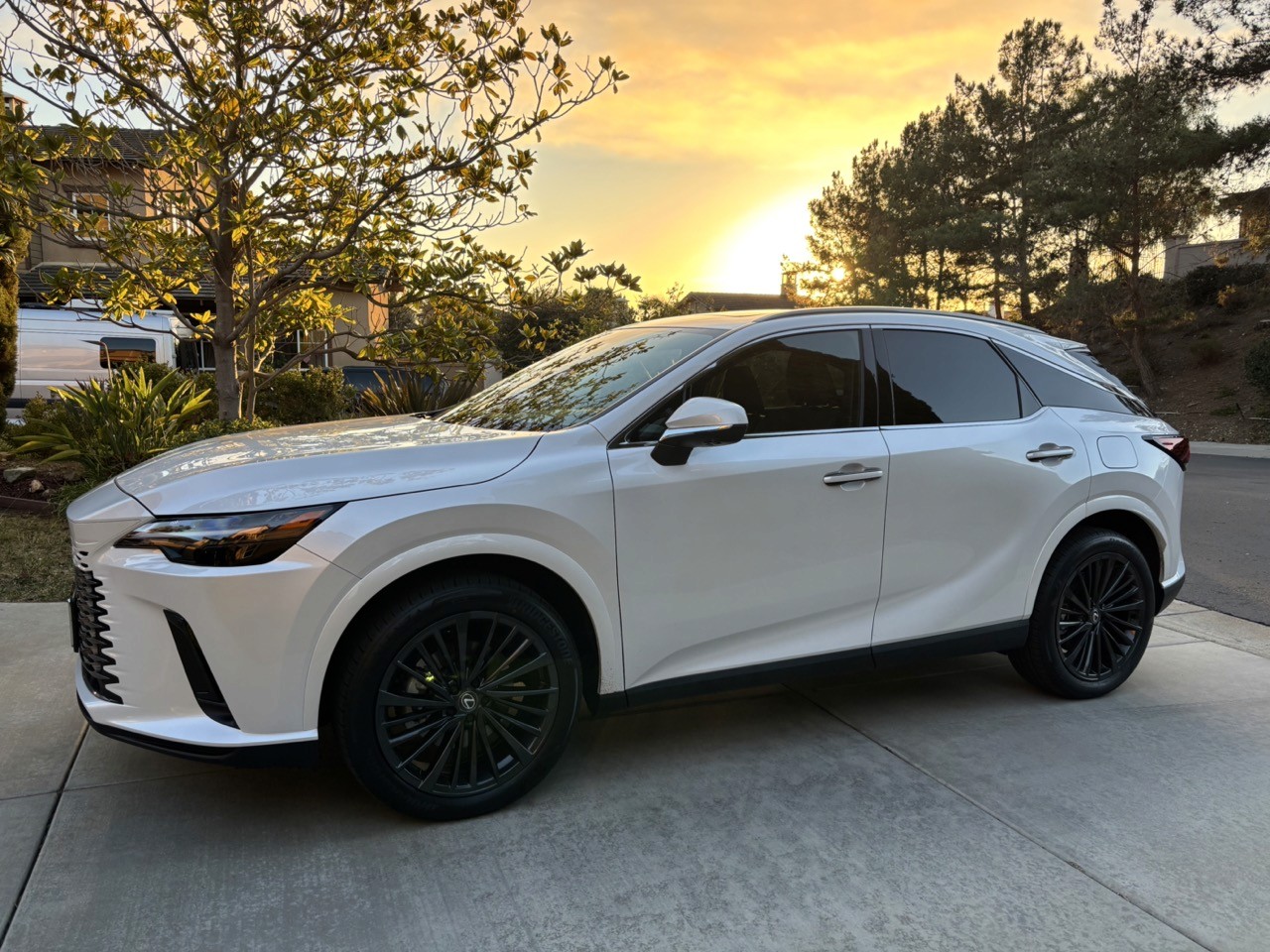2026 Update: Audi Now Includes Maintenance — How BMW, Audi & Genesis Change the Lease Equation in California
Written By
Peter Smith
Published
Sep 28, 2025
Audi’s 2026 models now include maintenance, joining BMW and Genesis. Here’s why that shift changes the lease equation for California drivers and puts Mercedes on the defensive.
2026 Update: Audi Now Includes Maintenance
Newsflash for model year 2026: Audi now includes factory-recommended maintenance on many new models. That puts Audi alongside BMW (longtime leader) and Genesis in bundling service into the cost of the vehicle.
It’s not a perk from the finance arm — it’s part of the ownership package. For lessees, it means one thing: your lease payment now covers the routine service you’d be paying for anyway.
What “Included Maintenance” Actually Covers (and What It Doesn’t)
Covered:
Factory Recommended Scheduled Maintenance, including such items as:
Oil & filter changes (ICE + PHEV models)
Tire rotations and multi-point inspections
Brake inspections & brake fluid exchanges
Cabin air filter replacement and software updates
Factory-scheduled inspections and fluid top-offs
Not covered:
Wear items like windshield wipers, tires and brakes
Why This Matters for California Drivers
Predictable budgeting: Routine services are baked in. Plan for your lease payment + wear items, and you’re done.
Dealer access: LA, OC, the Bay Area, and San Diego have robust BMW, Audi dealership networks, and Genesis is growing their footprint, enabling easier scheduling, and convenience
Lease Maintenance Obligation: Dealer service records are clear and easy to retrieve if there is a question about whether factory maintenance was adhered to during your lease.
Expert care: Brand-trained technicians see the latest models daily, vs. independents who are typically less familiar with newer models
Resale boost: If you buy out your lease, complete dealer service history can be beneficial for future resale value.
Brand-by-Brand Breakdown (2026)
BMW: 3 yr / 36k included. Strong EV coverage, benchmark program.
Audi: 3 yr / 30k included. New for 2026, making Audi more competitive.
Genesis: 3 yr / 36k included. Strong value, though fewer lease specials.
Lexus: 1–2 yr coverage, prepaid beyond. Reliable, shorter program.
Mercedes: Prepaid only. Still costs extra, weaker value proposition.
The Takeaway
BMW set the standard by making maintenance complimentary. Audi’s 2026 move changes the landscape, giving shoppers another strong option alongside Genesis.
For California drivers, the real win isn’t mileage — it’s predictability, convenience, and total cost control. When you lease a new BMW, Audi, or Genesis, the scheduled maintenance is already covered. That means your only variable costs are fuel (or charging) and wear items like tires and brake pads.
This creates a stark contrast to buying a used luxury vehicle. Even if the monthly payment is comparable, consumers need to budget for being out of warranty for the majority of their loan term and also cover any maintenance expenses.
Leasing under warranty with included maintenance gives you financial clarity: one predictable payment plus wearables. That’s why these programs tilt the scales in favor of new over used for many shoppers.
Mercedes? They don’t include maintenance — you’ll need to pre-purchase a plan at added cost, whether you lease or buy. That extra step puts them at a disadvantage versus BMW, Audi, and Genesis, who have made predictable maintenance part of the package.
Next Step: Schedule Your Leasing Consult
Comparing BMW, Audi, Genesis, Lexus, and Mercedes? Don’t go it alone.
CarOracle helps you cut through the noise, evaluate lease offers, and make sure you’re not missing hidden costs.
👉 Schedule your leasing consult today and let us simplify your next luxury lease.














